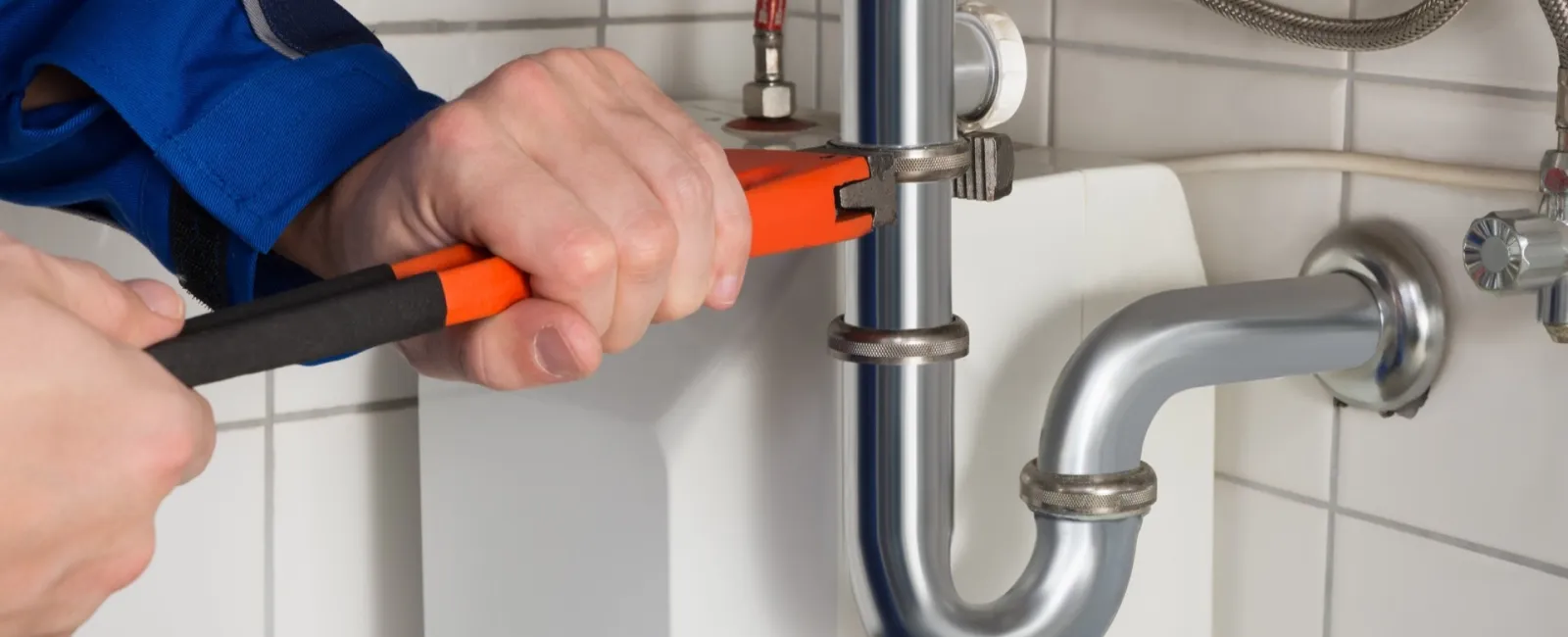Save the water fights for the outdoors in summer. Instead of struggling with plumbing leaks, know how to handle emergency plumbing situations. A pipe that springs a leak, an overflowing toilet, malfunctioning appliances — these are all common emergency plumbing situations that can lead to a costly repair, especially if water damage in your Lawrenceville home is significant.
Here's how to handle most plumbing emergencies:
Leaky pipes? Find the shutoff valve. If a pipe in the basement is leaking, locate the main shutoff valve to the home's plumbing system and turn the knob clockwise. This should stop water from coming into the home. Place a bucket under the pipe, as the remaining water will still leak out. Additionally, wrapping the pipe with duct tape or plumbing tape can temporarily stop water leakage while you wait for the plumber to arrive.
Toilet overflowing? As you stare in shock and fear at the rising water level in the toilet, snap yourself out of it. Act quickly and find the water shutoff valve, usually located behind the toilet and near the base. To prevent more water from filling the bowl, quickly remove the lid to the tank. Locate the float — the large rubber flapper that gauges the tank's water level — and raise it up to stop water from filling the tank and going into the toilet. Find the plunger and forcefully jerk the plunger up and down to break up the sewage, and then try flushing again. If the toilet in your home frequently overflows, it's time to call a plumber to find the root of the problem.
Slow-draining sink? If you notice that the sinks in your home are draining too slow and holding you up, it's time to call in the pros. Sometimes, the problem can be as simple as clearing out the P-trap. Other times, the pipe might need to be replaced, or the feed pipe may be leaking and need to be repaired.
Leaky water heater? The combination of fuel, high pressure and hot water makes dealing with a malfunctioning water heater risky. If you notice water on the floor or, worse, a pool of water around the unit, shut off the fuel source to the water heater and then shut off the water supply. Call a plumber or HVAC contractor to find the source of the leak, which can stem from the inlet water pipe, the outlet pipe or the release valve.
The plumbers at RooterPLUS! are well-trained in how to deal with emergency plumbing scenarios. Call us when you need quick, reliable, expert plumbing solutions.
Image source: Flickr
